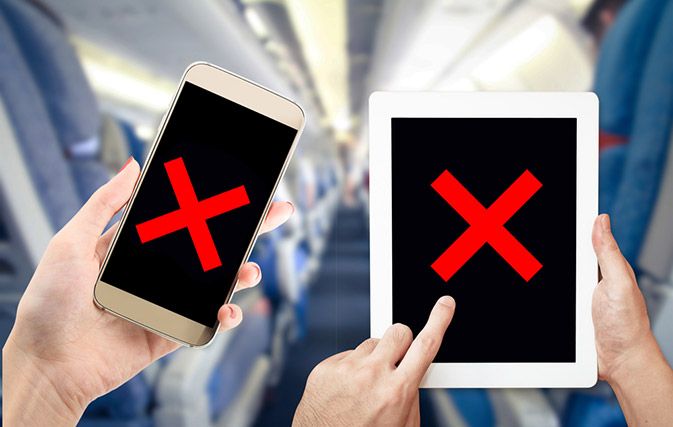SEOUL — IATA’s Director General and CEO Alexandre de Juniac took a swipe at the U.S. and UK’s electronics bans in a speech at the recent IATA Safety and Flight Operations Conference.
“We have a common interest in safe and secure flights. Yet last month the U.S. and the UK announced that large electronic devices would be banned from passenger cabins on some flights from the Middle East and North Africa. There was no consultation with airlines and the measure challenged public confidence with inconsistencies, while the safety concerns over concentrations of lithium batteries in the aircraft hold have not been adequately considered or addressed,” said Alexandre de Juniac, IATA’s Director General and CEO.
“The learnings from this are many – governments need to share information, they need to consult with industry, and they need to support the International Civil Aviation Organization (ICAO) as it develops a global aviation security plan.”
IATA is urging aviation safety stakeholders to reinforce their commitment to a safety framework based on global standards, cooperation and dialogue, and effective use of data.
“Safety is the top priority for all involved in aviation – and aviation is the safest form of long-distance travel,” said de Juniac. “Last year there were over 40 million safe flights. That’s an achievement that we can all be proud of. And it was made possible by a framework that incorporates respect for global standards, cooperation and the value of data.”
De Juniac identified air accident investigations as a key area where greater cooperation on global standards is needed. “Global standards exist, but they are not being applied universally. The investigation process is one of our most important learning tools when building global standards. However, a recent study showed that of the approximately 1,000 accidents over the last decade, accident reports were available for only around 300 of them. And of those, many had room for improvement. To learn from an accident, we need reports that are complete, accessible and timely. We also need states to fully respect the standards and processes enshrined in global agreements for participation in the investigation by all specified parties.”
The IATA Global Aviation Data Management program (GADM) includes data from more than 470 organizations, he added. Information provided through IATA’s Flight Data eXchange program, a component of GADM, already is helping to identify potential hazards through the analysis of de-identified aircraft flight recorder data.

